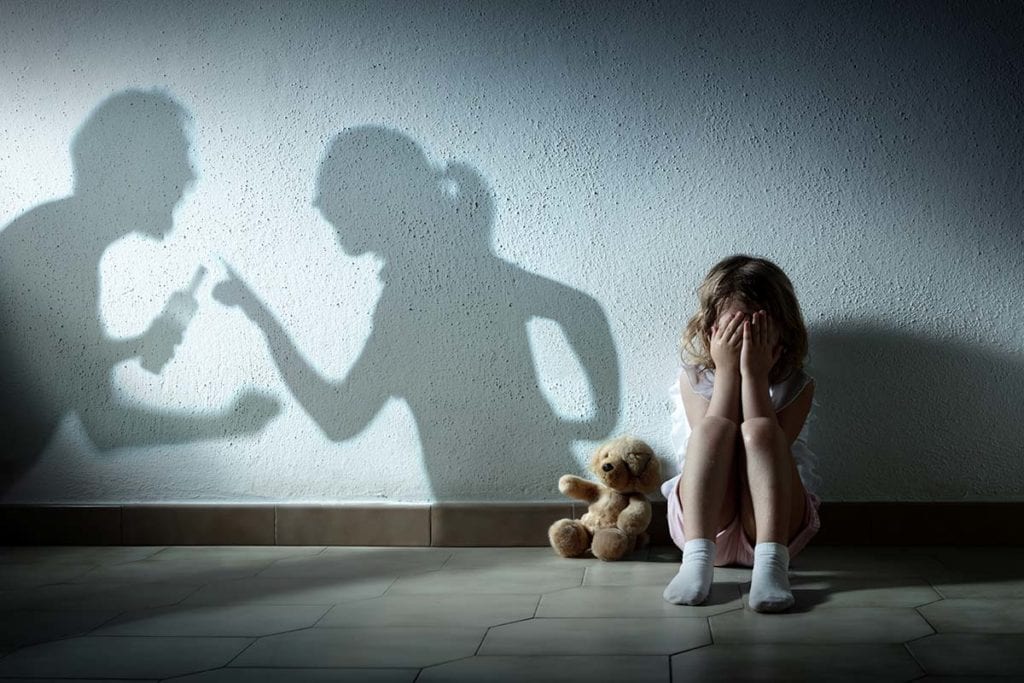Mental health treatment programs often find themselves dealing with people who also have problems with alcohol. This is because many people first start drinking in order to try to manage the adverse effects of a psychological issue. The problem is often made worse because the emotional effects of alcohol can cause other problems to intensify. We are still trying to answer the question of how does alcohol affect mood. Scientists are getting closer, but they are finding it difficult to determine whether a mood disorder or alcohol use problem came first. These two are so often intertwined. The answer definitely lies within the brain.
Your Brain and Alcohol
When you drink alcohol it makes changes in your brain. Most of these changes are temporary at first. The intensity of the emotional effects of alcohol is highly dependent on factors such as how much you drink and how frequently you drink it. Other factors such as gender, genetics, and a family history of alcohol abuse all play into the scenario. Then you add in your overall general health and you can see why the emotional effects of alcohol differ from person to person.
The short-term emotional effects of alcohol can include such things as:
- Relaxation and diminished stress
- Shortened attention span
- Reduced inhibitions
- Memory problems
The more you drink during the session, however, can make this change. After a time, your perception may become narrowed and you may begin to feel depressed or angry.
The Depression-Alcohol Connection
Depression and alcohol abuse have long gone hand-in-hand. There are various reasons but a larger number of people who are seen with depression have a co-occurring alcohol abuse problem than with any other mental illness. These two things end up creating a never-ending circle of problems for the individual. You may have taken that first drink to alleviate the emotional distress of depression. At first, it helps, but the more you drink, the more depressed your mood can become because of the depressant nature of the alcohol. As you drink more and alcohol use becomes a problem, you may find your relationships deteriorating. This creates more depression, which leads you to drink still more.
People with alcohol dependency are more likely than others to consider suicide. This is a result of two emotional effects of alcohol. Depression can make you see in such a narrowly focused way that you don’t see any way out of the feeling. Alcohol intensifies that narrow vision. Next, alcohol allows your inhibitions to fly free, causing you to be more likely to act impulsively. Many people will try to end their depression by impulsively trying suicide. Depression and alcohol abuse is not only a circle, but it can also be a deadly one.
How Does Alcohol Affect Mood
Over time alcohol changes your brain. As you develop a psychological tolerance and then dependency upon alcohol, your mood begins to change. Some people become extremely angry and lash out without warning. Others find that their depression and anxiety become worse. In time, alcohol can make it seem impossible to feel joy. This is because the neurotransmitters in your brain have stopped working as they should. People will find any underlying mood disorders becoming worse and may appear to be very emotionally volatile. Your brain is no longer in control. Your emotions are running the show.
Help for the Emotional Effects of Alcohol
You don’t have to allow the emotional effects of alcohol to rule your life. Take back the control by seeking help today. At Promises Behavioral Health, our trained counselors can help you find more productive ways to control your emotions and feel the full range that you were born to feel. Contact us today and be on the road to recovery tomorrow. 844.875.5609

